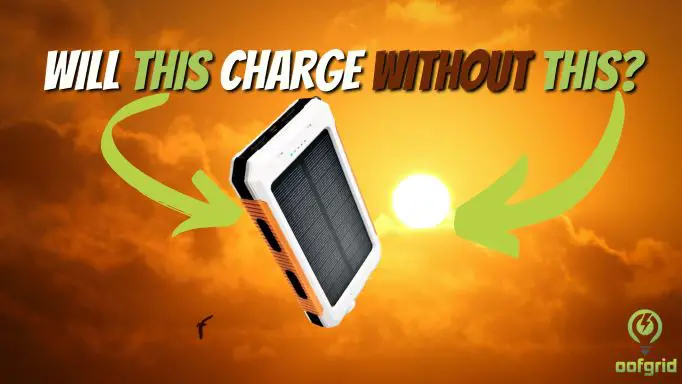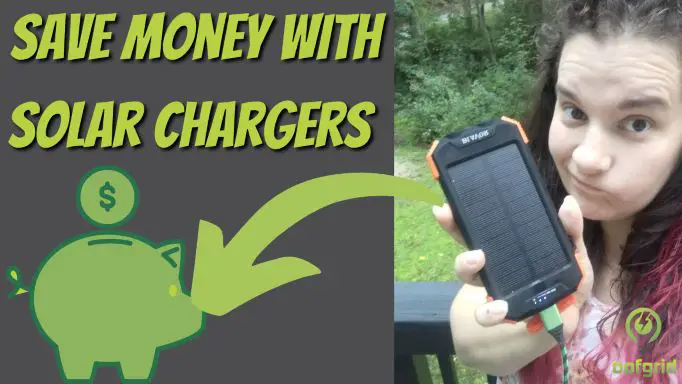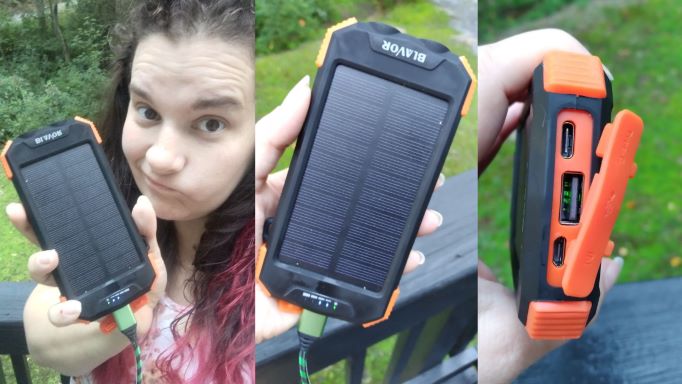Whether you’re feeding electricity into your home during a sudden power outage or you’re working in a remote location with your trusty power tools, there’s no denying how useful a generator is.
However, one situation that every generator owner is almost guaranteed to encounter at some point is their generator shutting off for no apparent reason. This isn’t only frustrating but can be potentially disastrous if you’re using it during an emergency.
There are many reasons why a generator might suddenly stop working but, luckily, most of them have a fairly easy fix. Below, we’ll take a look at some of the most common reasons behind unexplained power loss, along with a solution for each!
Contents
Overloading
This is probably the most common reason why a generator keeps shutting itself off. When a generator is overloaded with appliances, it simply shuts down.
Surprisingly, this is a common complaint in newer generators, since certain safety regulations are in place to stop them from overheating.
Solution
The easiest way to stop your generator from overloading is to disconnect some of the appliances you’re using with it. Give it a few minutes to cool down, and then you should be able to start it up again, making sure you’re using fewer appliances than you were before.
Oil Level
Another reason why your generator keeps shutting off could be because there is an issue with the oil level either being too low or too high. Just like with a car engine, your generator’s oil level needs to be somewhere between the two.

If the oil level is too low, the temperature of the oil will rise too quickly and your generator will keep shutting down. If your generator has a built-in oil sensor and your levels are too high, it will automatically shut your generator off.
Solution
There’s a super easy fix to this. You simply need to keep your oil levels in check. If it’s too low, top it up. If it’s too high, you’ll need to remove some of the oil.
Once you’ve hit that perfect level, you should be able to use your generator without any unexpected problems.
Water Levels
If there isn’t enough water in your generator’s radiator, there won’t be anything to help cool down the rising temperature. This can cause your generator to shut off and, if left unchecked, can even create some damage to the engine, voltage meters, and control panel.
Solution
Again, the simple solution here is to add more water to the radiator. You should also try and remember to check your generator’s water levels on a monthly basis. Doing this should prevent any unexpected shutdowns and keep everything running smoothly.
Carburetor
If it’s been a long time since you added any fuel to your generator, there may be a build-up of old oil residue in your carburetor. This leaves a thick, sticky coating inside which can stop new fuel from being used properly and this is what makes the generator suddenly stop working.
Solution
The simplest solution here is to clean the carburetor. This is especially important if it’s been a long time since you last used your generator.
If you’re still experiencing the same problem after thoroughly cleaning the carburetor, you should take your generator to a specialist and have it serviced.
Low Fuel Levels
Sometimes, the obvious solution is the one you look to last! If your generator keeps shutting off for no apparent reason, then it’s worth checking out the fuel levels. There may be enough in there to start it up every time, but not enough to keep it running for longer than a minute or two.
Solution
Check the fuel gauge and add more fuel if necessary. If you’ve got an older generator it may not have a fuel gauge. In this case, you can check your fuel levels manually using a dipstick.

Fuel Tank & Pipes
Occasionally, air pressure can get trapped inside the fuel tank or the fuel pipes and this stops the fuel from being fed to the engine and carburetor.
There might also be an accumulation of fuel residue, dust, and debris trapped inside. Whatever the reason, if fuel can’t reach the engine or carburetor, your generator will shut down.
Solution
Employ the services of a specialist and ask them to give your fuel tank and fuel pipes a good clean. This will clear any blockages and allow the fuel to find its way to the engine and carburetor without getting trapped on its journey.
It’s also worth asking them to take a look at everything else while they’ve got your generator. This might result in a larger bill, but it will certainly be less expensive than having to replace your generator altogether because it’s not been properly maintained!
Spark Plug
There are loads of different parts that make up the inner workings of a generator, and one of the most important parts is the spark plug. Without this, your generator simply won’t start.
If there is an issue with the spark plug in your generator, you’ll hear a crackling sound immediately after starting your generator and, a few seconds later, it will turn itself off.
Solution
Check the spark plug’s condition. Sometimes all you need to do is give it a clean to get it back into working order. Once you’ve cleaned it, reinsert it and try starting the generator again. If it’s still shutting down after a few seconds, you may have to look at replacing the spark plug.
Final Word
These simple fixes should be all you need to do to stop your generator from randomly shutting off soon after you’ve started it up. However, if it is still shutting down and you can’t seem to find any reason why it’s definitely worth having it serviced.
Of course, as with most things, prevention is the best cure when it comes to running a generator. Carry out regular checks and keep an eye on your oil and water levels once a month, even if you’re not using your generator in the immediate future.
Doing this will make sure that it’s well maintained, ready to use, and that it can provide you with an uninterrupted supply of power when you need it most!







